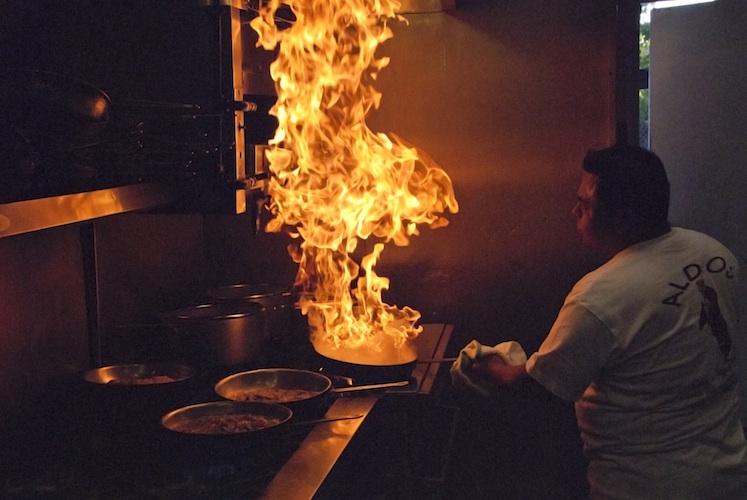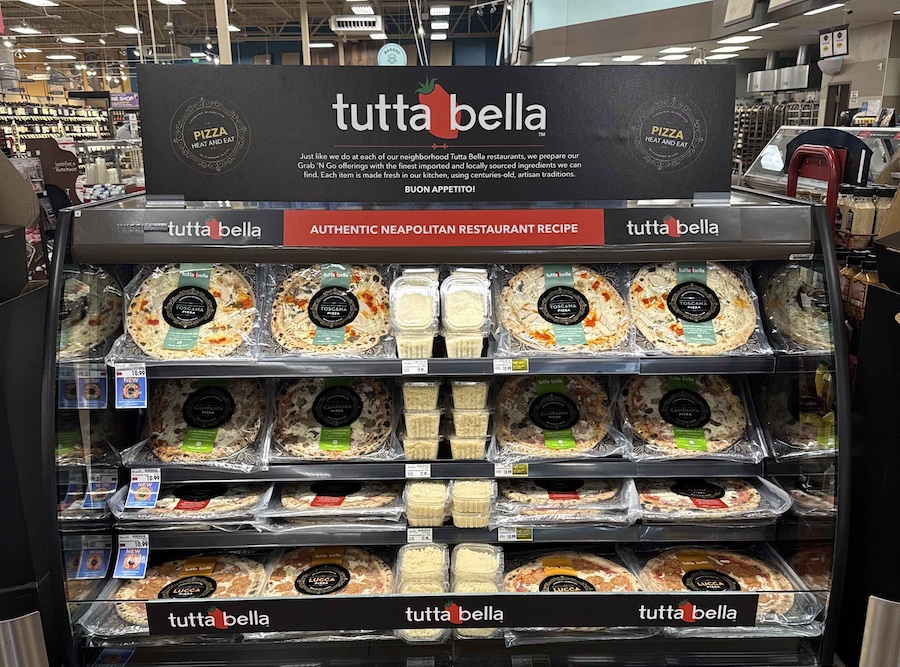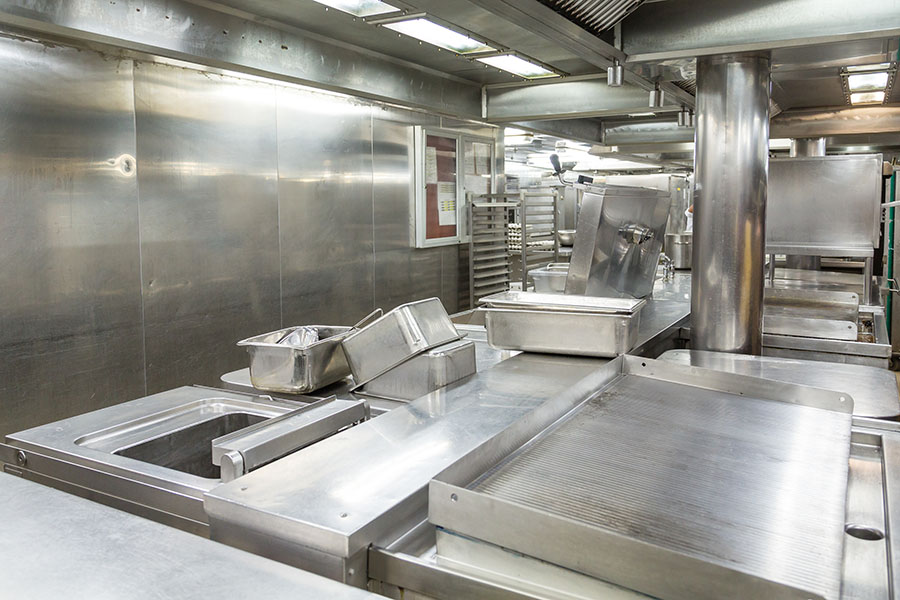Do you have the right insurance coverage for your operation?

Owning a business is an act of calculated risk. To make the most of your investment, proper insurance coverage is absolutely necessary. Without it, a customer who breaks a tooth or a fire in the kitchen can spell disaster very quickly.
There are significant differences between the insurance you need in your personal life and your role as pizzeria operator. Consider all the policies you hold: life; auto; health and home. Each aspect of your business needs to be insured, just like the different segments of your life. Neglecting one kind of coverage, whether to save money or just because you didn’t know you need it, is a costly mistake.
Keith George at Pizza Pro Insurance says coverage for a small start-up pizza restaurant isn’t as expensive as you might think. Premiums depend on your volume of sales, number of employees and other factors, but he estimates a yearly cost of just $2,000. That amount doesn’t include coverage for delivery drivers or specific natural disasters, such as flood or earthquake, and assumes you’re renting the physical space.
Any time your business changes you need to meet with your insurance agent to review coverage. More employees? You may need more workers’ compensation. Increased alcohol sales? That changes some of your liability issues. Keeping current with your insurance means you have the right policies for taking care of your business no matter the circumstance. Cheryl Downey, senior vice president of EPIC Hospitality Group Programs, reminds owners to ask questions before choosing a plan. “Cheapest does not mean the best, especially with insurance, ” she says.
Let’s talk first about physical property. You’ll need coverage for your building and all the contents –– kitchen equipment, seating, even wall treatments. It is important to make sure your policy covers replacement costs, not depreciated values. A typical payout pays for what an item is worth, based on when it was purchased. That value decreases over time since the object is used. With replacement cost coverage, you’ll receive the dollar amount it will take to buy something new in today’s market. That can mean a huge money difference.
Business personal property coverage is essentially everything inside your business, no matter what happens to it. If you are just starting out, keeping track of every item you purchase for the restaurant can make a claim much easier in the long run. Otherwise you can make a video walking through the space, narrating what is contained in the space. Without some kind of documentation it can be hard to remember all the small items that add up to big costs when you try to replace them.
You also need workers’ compensation coverage. This ensures medical care and lost wages for employees hurt on the job. “If you have a small business, if you don’t have x amount of employees, you may not be required to buy workers compensation,” George notes. Each state has different requirements so your agent can give you guidance on when you need coverage and for what amounts.
Liability is another type of coverage that involves the people in your business. If a customer is injured coming in to pick up a pizza, you are responsible for the medical expenses. Premises liability and general liability are used interchangeably and mean the same insurance. “Someone may slip or trip and get injured on the premises. Another example would be somebody chips a tooth or gets food poisoning, that’s covered on your general or premises liability,” explains George.
Liability is what is involved in the horror stories of businesses being sued for millions of dollars. There are basic dollar limits on each policy, depending on the size of your business, but you can always buy more. Downey says, “I have seen small business owners become much more involved in buying the right insurance after they have a fire or liability claim.” That is the worst possible scenario to be avoided up front before a problem occurs.
Another provision you want to consider is one you hope to never need: theft and employee dishonesty. One dubious worker can cause a lot of loss through theft, so a rider can be added to cover that situation.
When you send someone out on the road to deliver your pizza, the whole situation changes. Your other insurance policies covering the people and property of your business simply don’t apply. Separate coverage is needed and it is costly. If you don’t already do delivery and are thinking of adding this new service, the costs and hassle involved may not be worth it.
If delivery is crucial to your business model, you’ll need something called non-owned auto liability. Non-owned because the driver is using his own vehicle, not one owned by the company. You are employing him, though, so his personal auto insurance stops being valid while he’s doing his job. Roads are infinitely more dangerous than a brick and mortar store that doesn’t move, so this insurance involves more risk for your policy holder. Downey reminds owners, “The wrong time to find out if you have enough insurance is after you have a delivery claim.”
Delivery drivers won’t be able to be insured if they have poor driving records, so you’ll have to be diligent about whom you hire. Your non-owned auto liability will cover auto damage caused by the driver, as well as property damage and medical expenses. The more drivers you have, the higher your rate. George estimates a cost somewhere between $3,000 and $4,000 for limited delivery.
There are specific riders available to cover almost any eventuality: employment practices liability, in case of a discriminatory hiring lawsuit, or business interruption coverage to make up for money losses if you are unable to open.
A good insurance agent you feel comfortable with can explain the legal requirements in your area, as well as other coverage you can consider. We all hope to avoid making insurance claims, but having adequate coverage — just in case — can protect your investment for the future.
Insurance Vocabulary
(courtesy National Association of Insurance Commissioners)
Liability: A certain or probable future sacrifice of economic benefits arising from present obligations of a particular entity to transfer assets or to provide services to other entities in the future as a result of a past transactions(s) or event(s).
Rider: An amendment to a policy agreement.
Policy: A written contract ratifying the legality of an insurance agreement.
Premium: Money charged for the insurance coverage reflecting expectation of loss.
Claim: A request made by the insured for insurer remittance of payment due to loss incurred and covered under the policy agreement.
Eliana Osborn lives in the desert southwest with her family, where she works as a part-time English professor and freelance writer.






